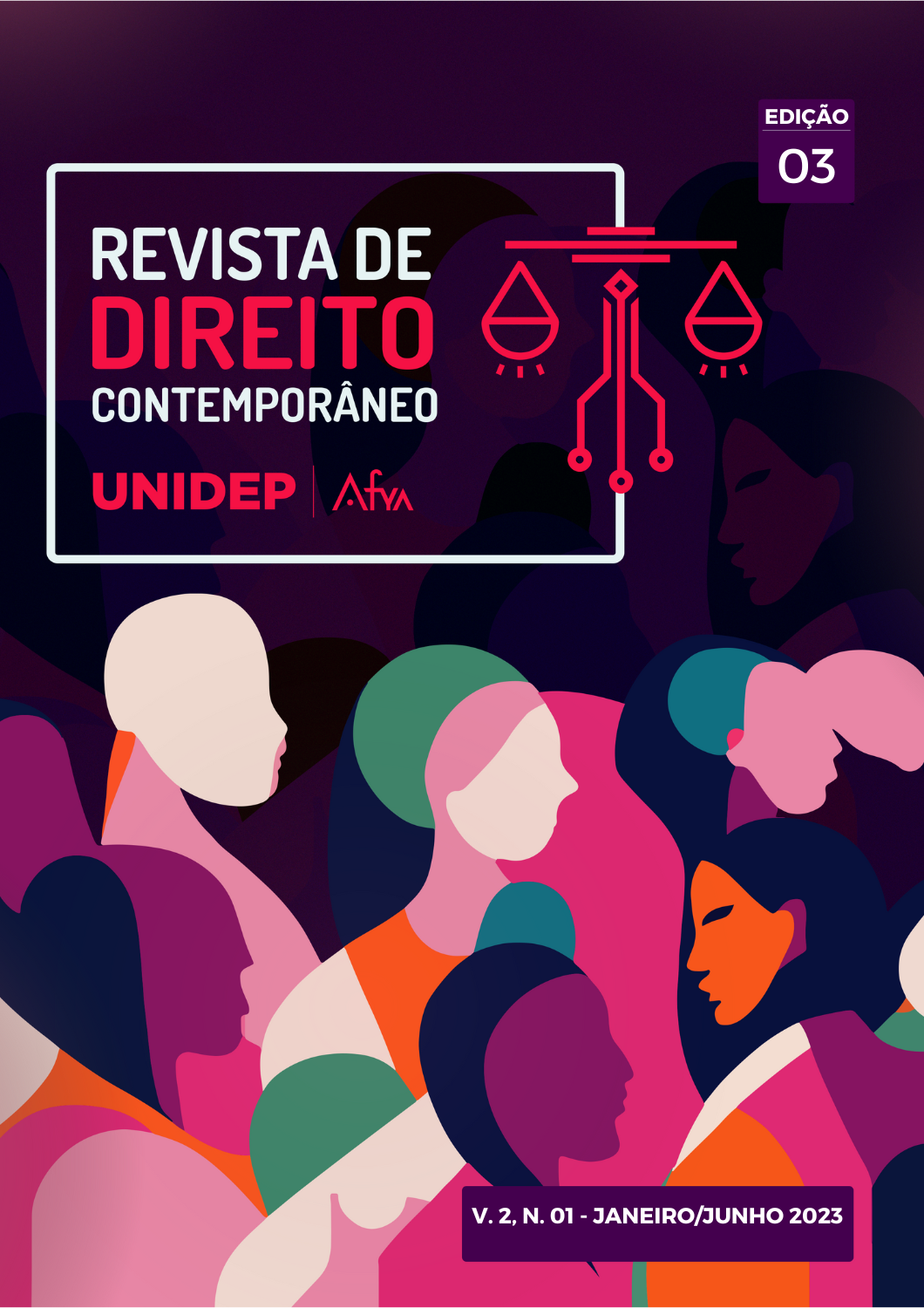“SMART CITY”
entre os riscos da celebração antecipada da computação ubíqua e as liberdades individuais
Resumo
Os fascínios em torno das soluções implementadas em cidades inteligentes encontram abrigo na ideia de uso progressivo e intenso das tecnologias para melhorar a qualidade de vida humana. Mas em que medida estas soluções incutidas em processos tecnológicos foram programadas para, efetivamente, aderir à legislação e à proteção das liberdades individuais? No ecossistema urbano, diversos são os exemplos eloquentes quanto os impactos que a digitalização repercurte sobre ambientes densamente povoados. O presente artigo se propõe a investigar os possíveis riscos decorrentes da utilização de tecnologias avançadas empregadas nas denominadas smart cities, particularmente, no tocante à proteção dos dados pessoais e potenciais repercussões discriminatórias provocadas pelo uso de aprendizado de máquina. Conclui-se, ao fim, que para que seja funcional, a inteligência projetada às cidades deve ser precedida, além de uma regulação eficaz, de mecanismos de conformidade e adequação desde a concepção, de modo a garantir um diálogo harmonioso entre o oportuno progresso técnico-científico e a proteção de direitos fundamentais.
Downloads
Publicado
Como Citar
Edição
Seção
Licença
Copyright (c) 2023 Revista de Direito Contemporâneo UNIDEP

Este trabalho está licenciado sob uma licença Creative Commons Attribution-NonCommercial 4.0 International License.
Você tem o direito de:
- Compartilhar — copiar e redistribuir o material em qualquer suporte ou formato
- Adaptar — remixar, transformar, e criar a partir do material
- O licenciante não pode revogar estes direitos desde que você respeite os termos da licença.
De acordo com os termos seguintes:
-
Atribuição — Você deve dar o crédito apropriado, prover um link para a licença e indicar se mudanças foram feitas. Você deve fazê-lo em qualquer circunstância razoável, mas de nenhuma maneira que sugira que o licenciante apoia você ou o seu uso.
-
NãoComercial — Você não pode usar o material para fins comerciais.
- Sem restrições adicionais — Você não pode aplicar termos jurídicos ou medidas de caráter tecnológico que restrinjam legalmente outros de fazerem algo que a licença permita.
Avisos:
- Você não tem de cumprir com os termos da licença relativamente a elementos do material que estejam no domínio público ou cuja utilização seja permitida por uma exceção ou limitação que seja aplicável.
- Não são dadas quaisquer garantias. A licença pode não lhe dar todas as autorizações necessárias para o uso pretendido. Por exemplo, outros direitos, tais como direitos de imagem, de privacidade ou direitos morais, podem limitar o uso do material.



